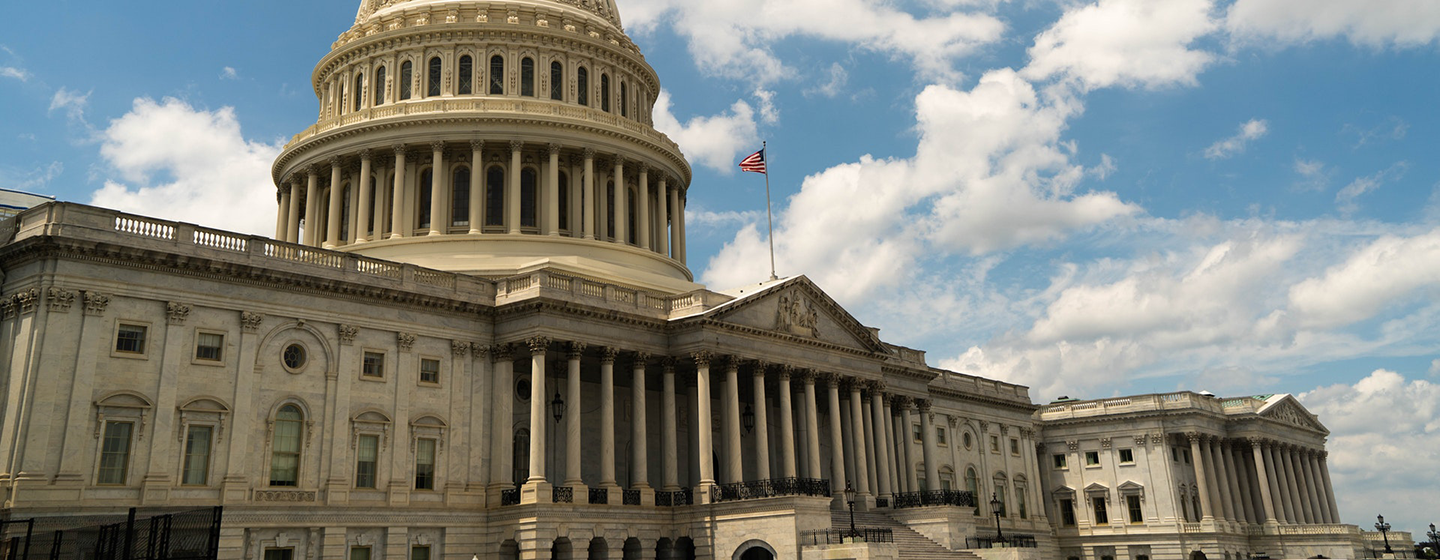New Yorkers Could Deduct More State & Local Taxes Under House-Approved Biden Bill

Congress Could Raise SALT Cap Under Biden's Build Back Better Bill
The federal cap on state and local tax deductions, approved by Congress four years ago, could be raised from $10,000 each year to $80,000 through legislation narrowly approved Friday by the U.S. House of Representatives.
The bill now moves to the U.S. Senate, where it’s fate is less clear. Republicans approved the initial $10,000 cap four years ago, and haven’t shown much interest in changing it.
It’s an issue that’s hit home in New York. Families in areas with abnormally high property tax bills, like Long Island and Westchester County, haven’t been able to deduct for the last four years any state and local taxes, or SALT, that exceeded the $10,000 cap.
Residents of Westchester and Nassau Counties pay more than $10,000 in property taxes each year on average, according to the Tax Foundation, a tax policy research group. Other counties aren’t far behind; Putnam and Suffolk Counties each average about $9,500.
That’s on average, meaning there are plenty of homeowners who exceed that cap. Those are largely high-value homes, owned by people with the money to buy them.
The cap also includes income tax. So, if you already have high property taxes, your income tax might be off the table for a federal deduction under the current cap of $10,000. But that’s also true the other way around for wealthy earners, with plenty of income tax.
Rep. Tom Suozzi, a Democrat from Long Island, was one of the most outspoken federal lawmakers on the issue. He said Friday that, if the Senate seeks to cut the higher cap on SALT, and the bill is sent back to the House for a new vote, he'll be against it.
“You don’t include SALT, we’re not voting for it,” Suozzi said. “So, if you want to get the deal done, you’ve got to include SALT.”
Before the $10,000 deduction limit was approved four years ago, there was no cap on deducting state and local taxes from federal taxes. That was seen to largely benefit high-income earners, and those with high-value homes.
Republicans, including former President Donald Trump, decided to place the $10,000 cap on those deductions in 2017. That was to free up funding to allow tax cuts for large companies and high-income earners.
At the same time, New Yorkers with high state and local taxes, who’d grown accustomed to deducting them, were left with a higher federal tax bill.
The move to undo the Trump era change has been the subject of criticism from Republicans, and some Democrats, who say a higher cap on state and local tax deductions will largely benefit wealthy earners, who have the money to spare.
Suozzi said that argument was unfounded, largely because the bill would also create new taxes on large companies and wealthy people to develop new revenue streams.
“In this bill, we are putting a surcharge on the wealthiest Americans to pay for most of everything we’re doing,” Suozzi said. “If you’re a very wealthy person, you’ve got to pay a lot of taxes as part of this bill.”
The bill’s fate in the U.S. Senate is uncertain. It passed the 435-member House by a margin of seven votes, and the 50-50 Senate is more politically fragile than the lower chamber at the moment.
Democrats are aiming to approve a final bill, if possible, sometime next month.
Related
Pelosi says Build Back Better bill 'solidly paid for,' but Senate passage still uncertain
A billionaire tax is unlikely. Here's other ways Dems want to pay for their spending bill


